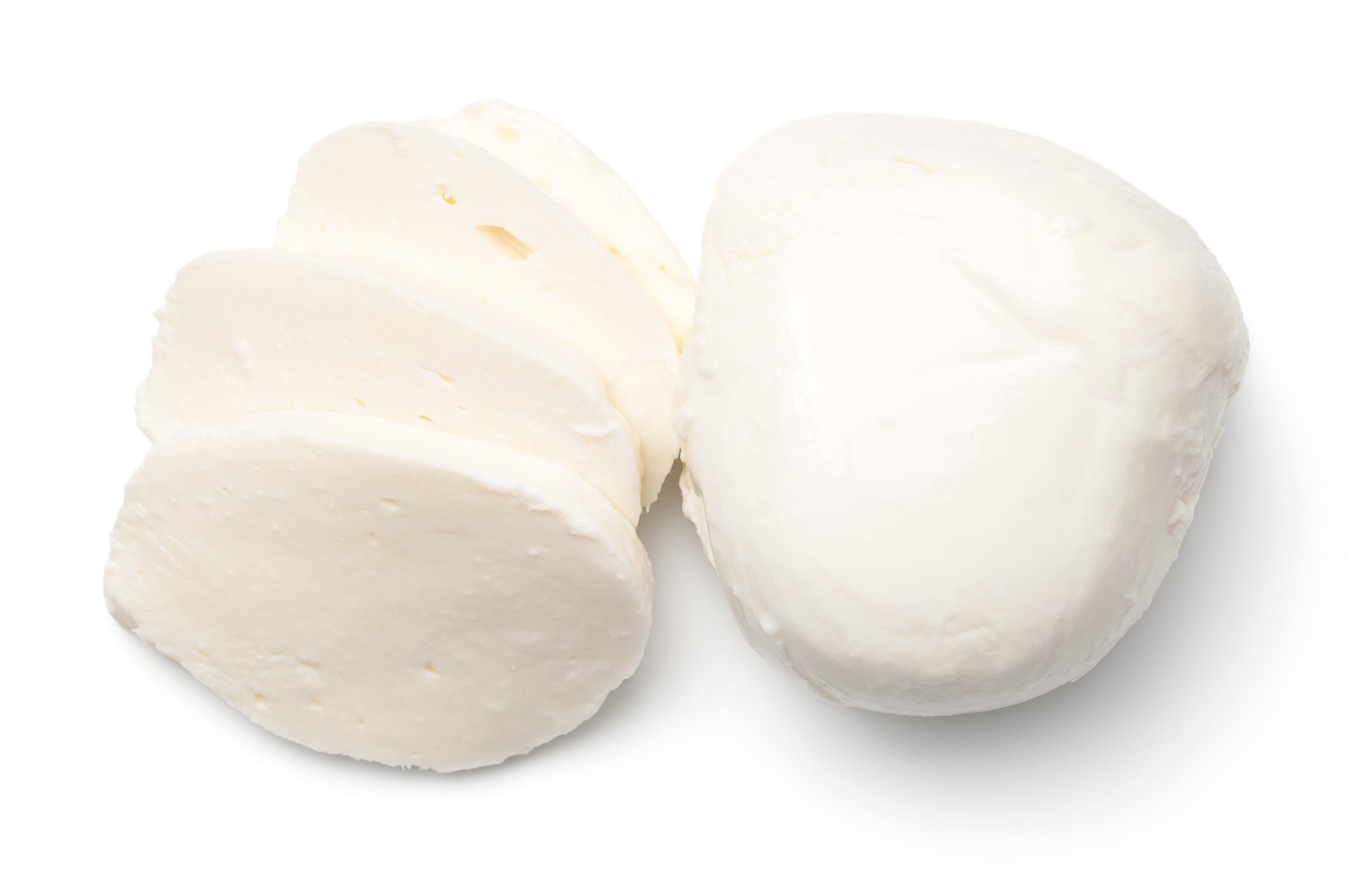Data published in LWT indicated that positive viable counts of BB-12 were recorded from cheese made with or without inulin after the cheeses were subjected to simulated gastrointestinal conditions.
“The viable Bifidobacterium BB-12 cell count in the soft fresh cheeses was maintained above the recommended level to be considered as a probiotic product after the simulated gastrointestinal conditions,” wrote scientists from the Universidade Federal de Santa Catarina in Brazil.
“The soft fresh cheeses from concentrated milk can be considered great protective matrices on bifidobacteria survival during passage throughout simulated gastrointestinal conditions.”
Brazil #1 in LATAM
According to a recent white paper from Kerry, Latin America is the fastest growing in the world, with Brazil contributing to 52% of the areas total probiotic market. The country’s probiotic market is predicted to grow with a compound annual growth rate (CAGR) of about 11% through 2022.
The two largest segments are dietary supplements and functional foods and beverages. A rising middle-class, with more disposable income is expanding awareness, innovation and product availability across the region.
Digestive health is the most observed health benefit in Brazil’s fledgling online probiotics space, but it may come as a surprise to many that women’s health is second, according to the Lumina Intelligence data. Immunity was a close third on the list.
Study details
The Brazilian scientists produced three types of soft fresh cheese: One was produced with BB-12 (Chr Hansen), one with BB-12 and prebiotic inulin (Orafti HPX, Beneo), and one without either functional ingredient (control cheese). All the cheeses were manufactured from concentrated milk from the second stage of block freeze concentration process.
The cheese was then subjected to a model gut system, which included all the stages of the gastrointestinal tract, including the mouth, esophagus-stomach, duodenum, and ileum.
Results showed that: “In the esophagus-stomach and duodenum steps, it was noted a higher bifidobacteria recovery for the probiotic sample than the symbiotic sample,” wrote the researchers. “In this case, this behavior can be credited to the low inulin dissolubility in the cheese curd.
“[T]hese results encourage us to emphasize the use of soft fresh cheese manufactured from freeze concentrated milk as a protective matrix on Bifidobacterium BB-12.”
Source: LWT
November 2018, Volume 97, Pages 725-729, doi: 10.1016/j.lwt.2018.08.009
“The use of soft fresh cheese manufactured from freeze concentrated milk as a novelty protective matrix on Bifidobacterium BB-12 survival under in vitro simulated gastrointestinal conditions”
Authors: I. de Bona Muñoz et al.


